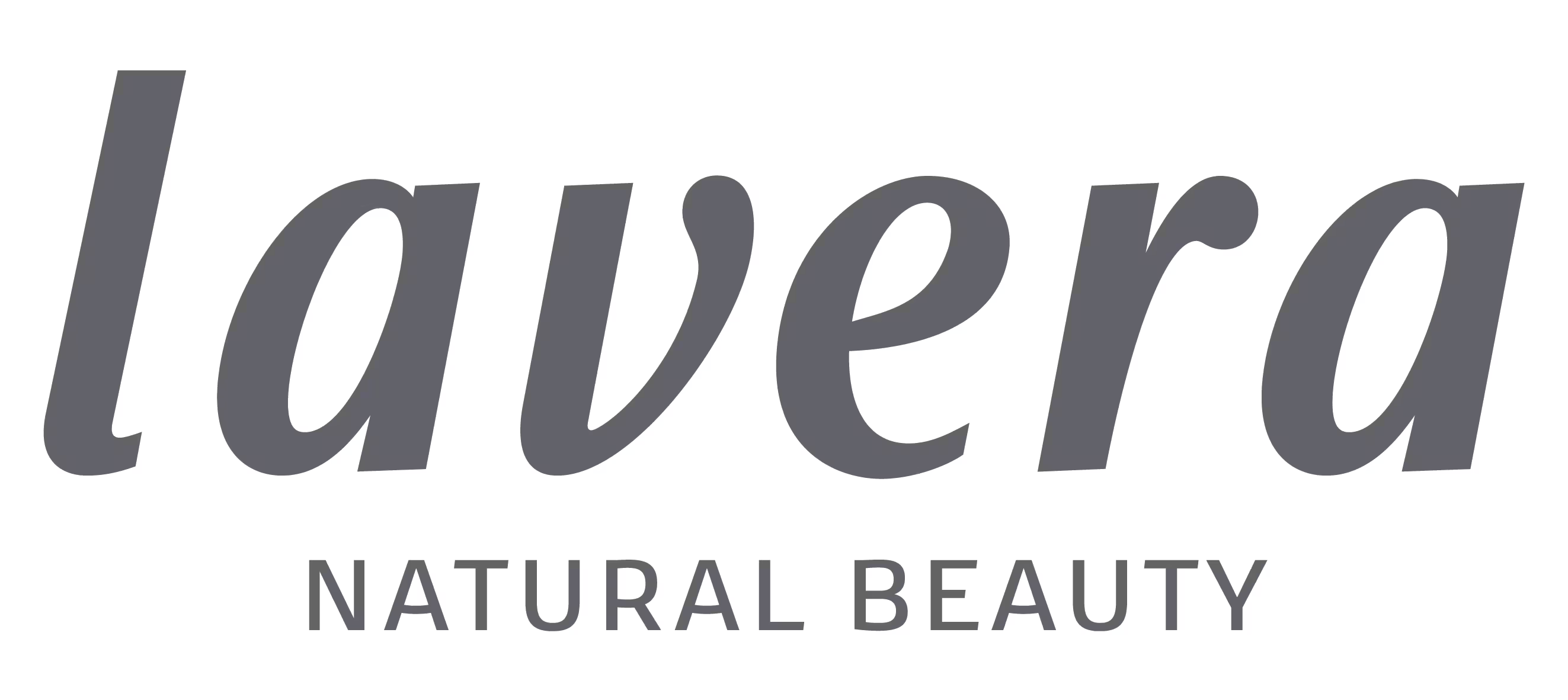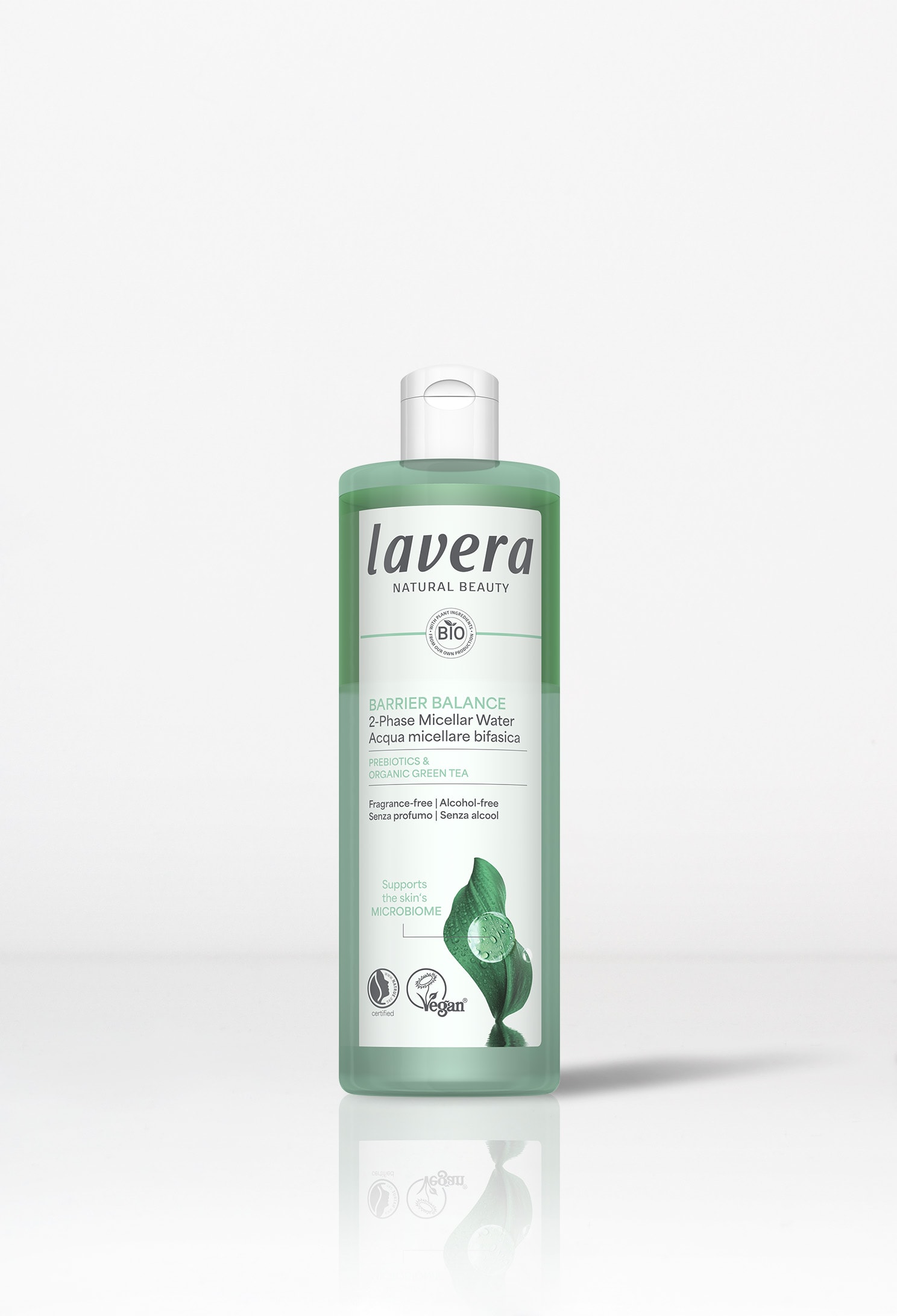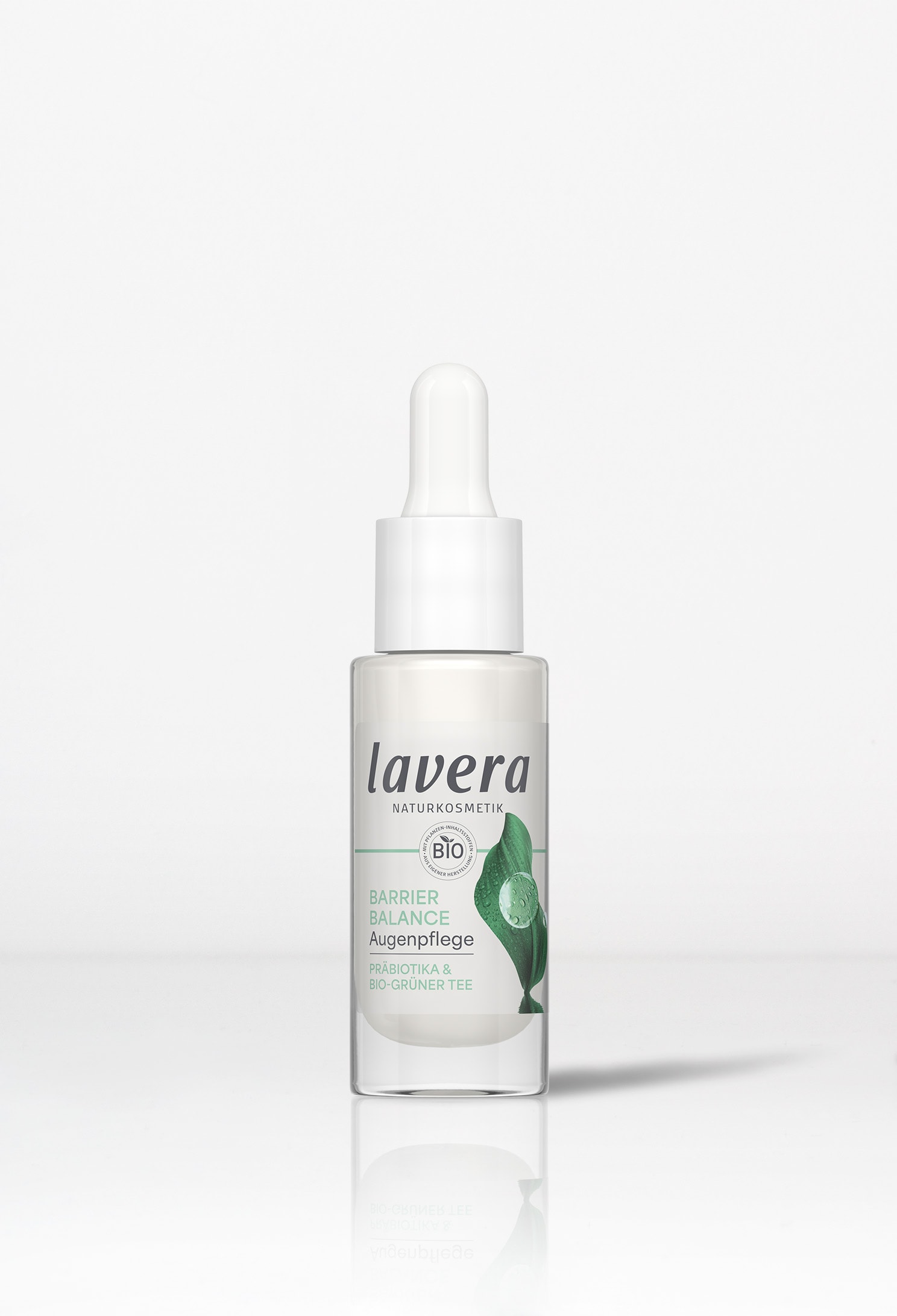Billions of microorganisms such as bacteria live on our skin. They form our skin's microbiome. It has an entirely individual composition, is part of the natural skin barrier and is important for the health of our skin. If our microbiome loses its balance, our skin can react sensitively or become ill. Besides protecting it from environmental influences, a skin care routine with prebiotics can also help to restore our microbiome's balance. Prebiotic skin care is becoming increasingly important in the light of this.
Probiotic skin care also exists in addition to prebiotic skin care. What is probiotic skin care? It involves viable or even living microorganisms (probiotics) that are applied onto the skin, where they influence the microbiome. However, many cosmetics that are claimed to be probiotic are probably not. The reason for this is that, as soon as cosmetics are preserved, the growth of the probiotics (= living bacteria) contained in them is inhibited and they die. Therefore, only unpreserved cosmetics would be genuinely probiotic and would have an accordingly short shelf life. Maintaining the viability of these microorganisms during production, storage and use generally poses a major challenge. This is why prebiotic skin care is much more frequent. Such products contain substances that serve as food for the bacteria. The underlying principle is that our skin's 'good' bacteria should benefit from this.
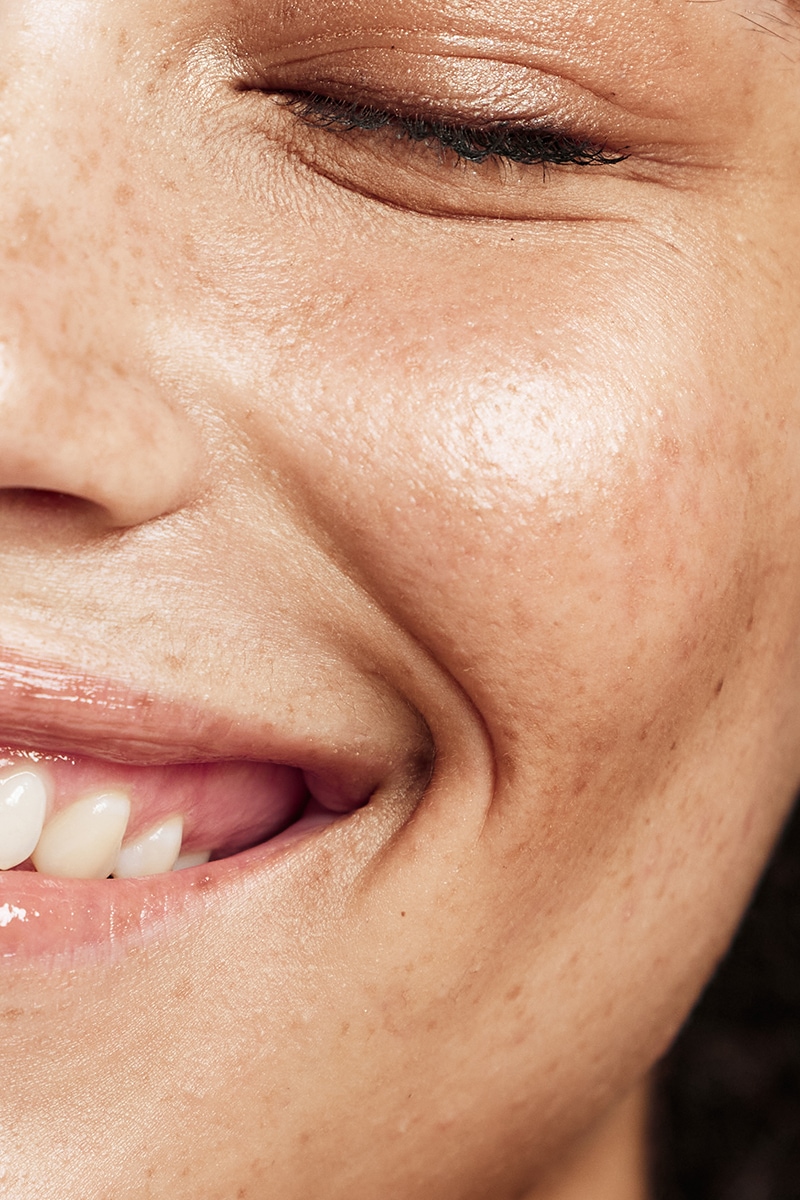
The microbiome or skin microbiome is the name given to the billions of microorganisms, including bacteria and fungi, that live on our skin, scalp and mucous membranes. The precise composition of the microbiome differs both from person to person and also depending on the area of skin. The microorganisms found in moist, warm areas of skin such as e.g. the armpit differ from those found on the drier skin of the forearms or on the forehead, which contains more sebum.
The microbiome forms an invisible, beneficial ecosystem. It plays an important role in maintaining the health of our skin. It protects our skin from organisms that cause diseases, regulates the skin's pH value, prevents infections and supports both the immune system and the skin's metabolism. The microbiome also ensures an optimum moisture balance and, as part of the natural skin barrier, offers protection against the ingress of irritants and allergens.
For example, 'good' bacteria grow on our skin, where they create an acidic environment that is unfavourable for many harmful bacteria. There are also bacteria which use their own metabolic processes to prevent the colonisation of germs that would make our skin ill.
The majority of these microorganisms that live on healthy skin are either harmless or beneficial to our skin. Besides these peaceful organisms, however, there are also aggressive organisms – as long as the beneficial microorganisms outnumber and suppress the harmful ones, our skin remains healthy. Genetic factors or environmental influences such as e.g. UV light, stress or incorrect skin care can cause our microbiome to lose its balance. If our microbiome is disturbed, this can lead to various skin conditions or diseases such as e.g. neurodermatitis, psoriasis, sensitive skin or even acne.
Our microbiome can lose its balance due to various influences from our own body and the environment (e.g. UV light). We recommend the following in order to protect it:
• Avoid stress as best you can and learn how to cope with it
• Avoid too much sun
• Use skin care that is suitable for you, e.g. prebiotic skin care, which promotes the growth of beneficial bacteria and therefore restores the balance of the skin flora
• Avoid washing your skin too frequently
• Avoid cleansing products containing aggressive surfactants that dry out the skin
• Use mild cleansing products, e.g. containing prebiotic ingredients, which are gentle on the natural skin barrier and the microbiome
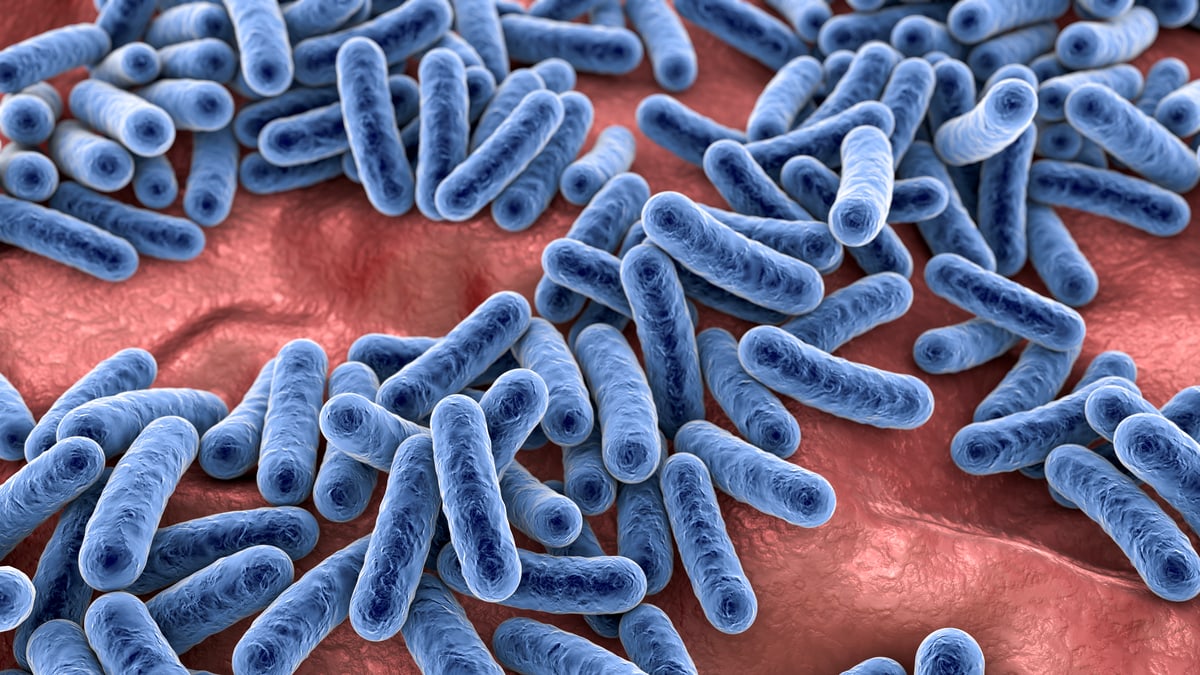
What are prebiotics?
In order to understand how prebiotic skin care works, it is first important to know what prebiotics are. They are natural nutrients for our skin's microbiome. They promote its growth and activity. Put simply, prebiotics are therefore food for our skin's microbiome. They are important for maintaining a healthy skin microbiome.
The World Health Organization (WHO) defines probiotics as living microorganisms (e.g. bacteria) that are suitable for consumption and which offer humans health benefits when they are administered in sufficient quantities.
Prebiotic skin care contains substances that serve as food for bacteria. The principle of prebiotic skin care is therefore that the 'good' bacteria on our skin should benefit from it. The prebiotics that it contains are intended to restore the skin microbiome's balance, which they do by feeding and therefore fostering the 'good' bacteria on our skin. In turn, these bacteria inhibit the spread of microorganisms that cause diseases. Certain prebiotics also produce antimicrobial peptides themselves, which actively protect our skin from bacteria that cause diseases. Prebiotic skin care products do not therefore directly repair the natural skin barrier, but instead establish an environment on our skin that is beneficial for it.
Prebiotic skin care products help to strengthen the natural skin barrier by promoting the growth of beneficial bacteria that protect the skin from bacteria which cause diseases and thereby balance the skin flora.
Prebiotics support a balanced skin microbiome, which is necessary to keep the skin healthy and resilient. Prebiotics serve as food for beneficial bacteria and help to strengthen the balance of the skin flora.
Scientific studies have shown that prebiotic skin care products can increase the skin's moisture, smooth the skin and reduce both liver spots and the appearance of wrinkles. They help to keep the skin healthy.
Lactobacillus ferment (INCI: Lactobacillus Ferment)
This fermentation product supports the natural skin barrier by containing antimicrobial peptides that suppress harmful bacteria on the skin and balance the skin flora. It also has moisturising, soothing and anti-inflammatory properties. In addition, it is able to support the renewal of skin cells, improve the complexion and help to reduce fine lines and wrinkles.

Prickly pear extract(INCI: Opuntia ficus-indica stem extract)
The composition of the prickly pear extract is particularly rich in nutrients. As a result, it displays prebiotic activity by promoting the growth of beneficial bacteria to enable them to compete better with harmful bacteria. It maintains the balance within the bacterial community.
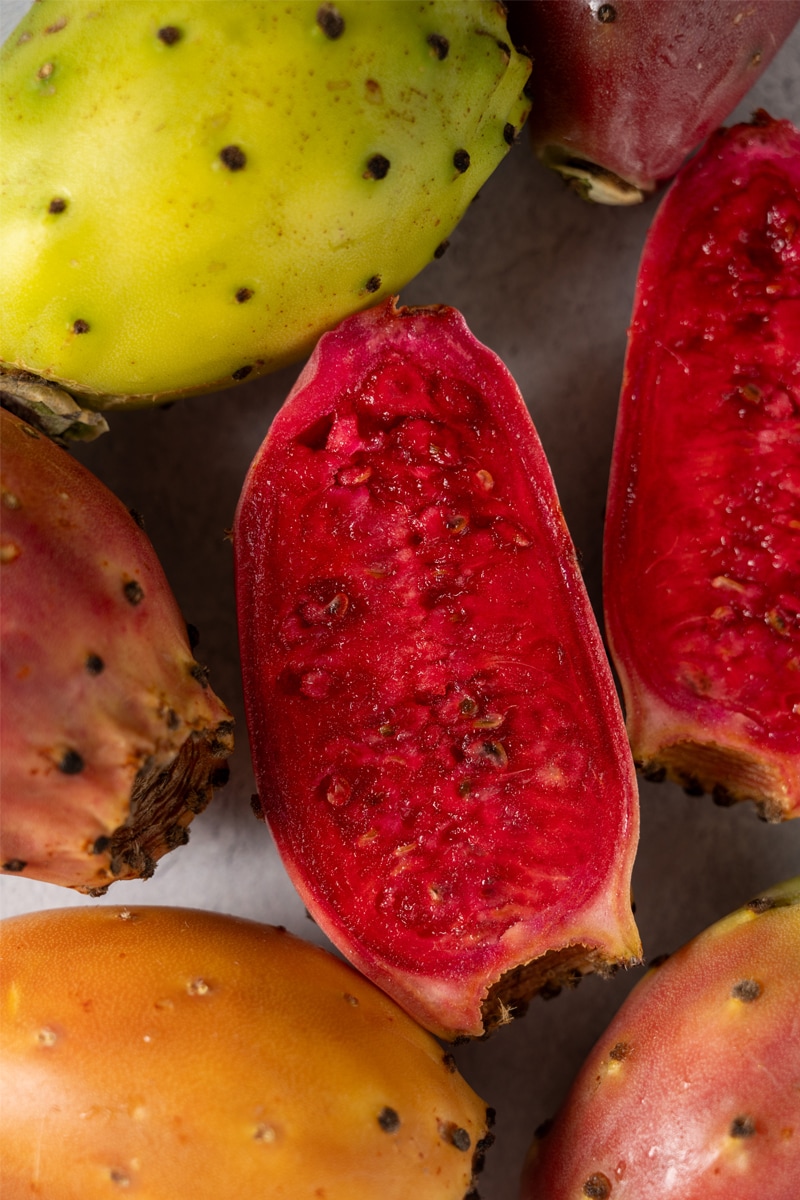
Ginger and organic green tea (INCI: Lactobacillus/Camellia Sinensis Leaf Extract/Zingiber Officinale (Ginger) Root Extract Ferment Filtrate)
The use of these prebiotic ingredients can therefore help to strengthen the natural skin barrier, soothe the skin and promote a healthy skin microbiome.
Sources
Deutsche Gesellschaft für Wissenschaftliche und angewandte Kosmetik e.V. (DGK) (2022). Haut-Mikrobiom und Kosmetik – eine Bestandsaufnahme. https://dgk-ev.de/wp-content/uploads/2022/06/Microbiom.pdf
Draelos, Z. D. (2012). New treatments for restoring impaired epidermal barrier permeability: Skin barrier repair creams. Clinics in Dermatology, 30(3), 345-348.
Dumbuya, H., Podimatis, K., Kerob, D. & Draelos, Z. D. (2024). Efficacy of a Prebiotic Skincare Regimen on Improving Mild Atopic Dermatitis and Severe Xerosis in Diverse Ethnically Patients. Journal of Drugs in Dermatology, 23(3), https://doi.org/10.36849/jdd.sf395747
Li, M., Mao, J., Diaz, I., Kopylova, E., Melnik, A. V., Aksenov, A. A., Tipton, C. D., Soliman, N., Morgan, A. M. & Boyd, T. (2023). Multi-omic approach to decipher the impact of skincare products with pre/postbiotics on skin microbiome and metabolome. Front. Med., 10, https://doi.org/10.3389/fmed.2023.1165980
Simmering, R. & Breves, R. (2011). Prebiotic Cosmetics. In Krutmann, J. & Humbert, P. (Hrsg.), Nutrition for Healthy Skin. Strategies for Clinical and Cosmetic Practice (S. 137-147). Berlin, Heidelberg: Springer-Verlag.
